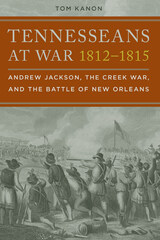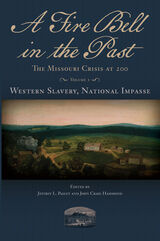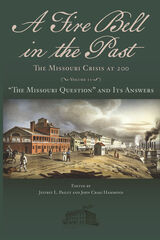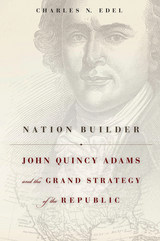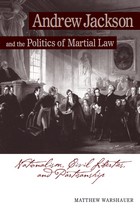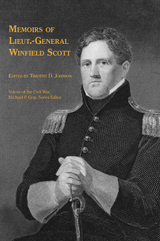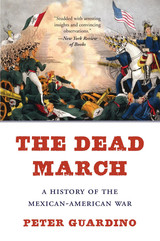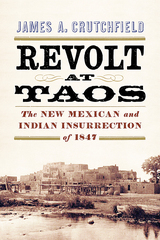eISBN: 978-1-62190-448-9 | Cloth: 978-1-62190-447-2
Library of Congress Classification E382.K54 2019
Dewey Decimal Classification 973.56092
Andrew Jackson’s presidency and legacy have been the subject of much study. His career and life, particularly his actions as America’s seventh president, still reverberate in our culture today. Yet Amos Kiewe mounts a groundbreaking intervention into Jackson studies by focusing his critical lens on a little-studied aspect of the populist leader’s 1830–31 campaign and subsequent presidency: his creative use of the press. Jackson was a force for reinvention, cannily directing his speeches—like no previous candidate—to the public at large and garnering unprecedented newspaper coverage throughout his campaign and time in office. By focusing on public addresses, Kiewe is able to trace Jackson’s rhetorical political maneuvering through his early campaign and the major trials of his presidency.
With nuance and deep examination of Jackson’s rhetoric, Kiewe dispels the myth that Jackson was not an articulate writer, thereby clarifying historical perceptions of his presidency and relationship to the public at large. Tracing Jackson’s initial plans for the presidency through his campaign and early time in office, Kiewe sheds light on Jackson’s ambitions, viewpoints, and strategies and deepens the scholarship on the Tennessee soldier and statesman.
Andrew Jackson: A Rhetorical Portrayal of Presidential Leadership offers significant insight into one of America’s most famous—and infamous—presidents, and adds new and critical information to the study of rhetoric and politics in the United States.
See other books on: Executive Branch | Oratory | Political oratory | Press and politics | Press coverage
See other titles from University of Tennessee Press



